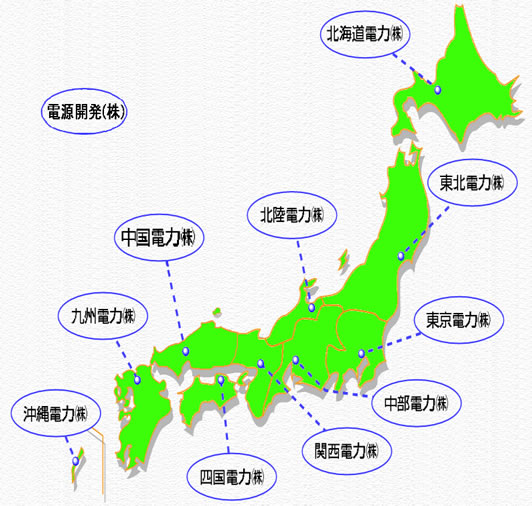A “Golden share” is a Anglo-European legal concept by which one nominal share carries special veto rights and is able to outvote all other shares in certain specific circumstances. The term arose in the 1980s when the British government retained golden shares in companies it privatized, and later the concept emerged in Russia, Germany, Spain, and Portugal. They are typically held by a government organization, and the shares are over a government company undergoing the privatization. The share gives the government organization the right of decisive vote, thus to veto all other shares, in a shareholders-meeting. In Europe, this share is often retained only for some defined period of time to allow a newly privatised company to become accustomed to operating in a public environment. Wikipedia has more on the concept here.
Readers may be surprised to learn that golden shares were one of the concepts quietly introduced with Japan’s new Company Law of 2006. Under article 108 of the law, “preferred shares with veto rights” (kyohiken tsuki shurui kabushiki) were created, which are referred to as “Golden Shares” (ougon kabu). The shares cannot be transferred, and under guidelines issued by METI and MOJ, they are designed to prevent hostile takeovers. The purpose of golden shares in Japan is therefore somewhat different from the British/European concept, where they are used to transition state companies into the private sector.
The Tokyo Stock Exchange has said that companies with golden shares will not be listed, for the plain reason that they violate the principle of shareholder equality. Following opposition from the business community, on the basis of certain exceptions, such as if a general shareholder meeting approved the listing regardless of the golden shares, and the golden share not violating shareholder profits, this initial policy was changed. Any breach of this principle would result in delisting.
Presently, there is just one listed company in Japan that has golden shares — Kokusai Sekiyu Kaihatsu Teiseki Kabushiki Kaisha, or known in English and Japanese as INPEX. According to Wikipedia, the Minister of METI holds 29.35% of the ordinary shares of INPEX, in addition to just one “A-Class Share (Golden Share).” INPEX is Japan’s largest private company engaged in upstream oil exploration, and METI (and Japan as a whole) probably recognizes that this company is important enough that it shouldn’t be subject to hostile takeovers.

